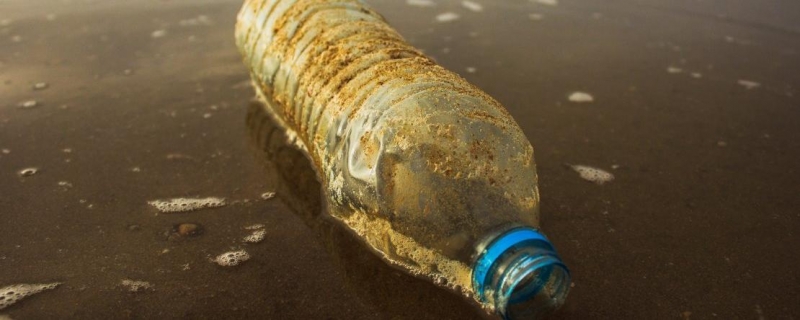
The world oceans day is celebrated today, as all the 8 June. Everyone loves the sea and looked forward to the déconfinement and the opening of the beaches and access to seas and oceans. But who could imagine that this reunion would be synonymous of million masks, shields, gloves, and plastic bags and other butts usual thrown into the water? The pollution of the sea is one of the most urgent environmental problems facing us today. We make the point on the technological initiatives aimed to put an end to this problem.
Environmental impact, health and economic
A study published in April 2019 reveals that the amount of plastic in our oceans has increased considerably since its use is widespread in the 50’s and that this problem is likely to worsen.
The pollution of the oceans affects more than 600 species of marine life. The image of the turtles and other marine animals protected, prisoners of plastic waste, is more or less known to all, but what we know less is the negative impact that this pollution has on the economy. The audit firm Deloitte has calculated that the annual cost of the pollution plastic marine could amount to 18 billion euros per year for the key economic sectors related to coastal activities. The impact on our health is not negligible, since the toxic pollutants of plastics also come up to our plates once the food sailors caught.
Platforms that filter out the waste
At the age of 18, 6 years ago, the young Dutch entrepreneur Boyan Slat launched, in the framework of its project “The Ocean Clean Up, a solution to clean the oceans with platforms and barriers to screening in strategic areas”. His revolutionary idea had been in the media all over the world at the time, and the project today continues to deploy its tools of interception of the plastic in all the oceans, seas and even rivers and streams. In its wake, today, we use barges to solar energy in to rivers as these rivers are in reality, the main sources of plastics in the oceans, with 90% of all the plastics from only 10 river systems.
A real-time system to monitor the pollution plastic
Thanks to machine learning algorithms, using images from cameras, it is possible to analyze the amount and characteristics of plastics in the rivers in real-time. Studies are also underway to identify the plastic from satellite images in the middle of the ocean.
And microplastics? How to clean the sea of all plastics invisible?
99% of the plastic arriving in the oceans disappear. According to the latest research, there are more and more evidence that the plastics include the food chain, break down into small pieces which are biodegraded and settled. They impregnate then the entire marine environment, without being able to be detected. For this type of plastic, the research is now considering use of technical advances, in particular the technologies of modelling multi-agents that make use of computer systems that would locate the high concentrations of plastic.
A spatial solution to save seabed fishing equipment
According to the International Maritime Organization, in European waters, more than a third of the sources of pollution that plastic comes from fishing equipment. Each year, only 640,000 tonnes of nets, lines, life jackets and other strings are lost or abandoned in the oceans by the fishing industry. CLS, the operator of satellite systems, supported by the IFREMER and CNES, the national Centre of space studies, has launched an initiative to combat this problem in the Mediterranean with fishing nets that are connected by satellites. The CLS describes the double dimension of the project:” the One to avoid as these devices become waste marine never recovered. It is also a gain will be operational for the fishermen who will do less of the sea to recover them thanks to their location and they will be able to better manage their area of fishing.
A fine of 135€ could avoid our waste end up in the sea
Any waste thrown on the ground often ends its journey in the ocean. Currently, deposit, drop, throw, or dump, in a public place or private waste shall be punished by a fine of 68 euros. According to a draft decree, the fine will increase to 135 euros, because, as recently stated by the secretary of State Brown Poirson,
Author(s): FranceSoir
